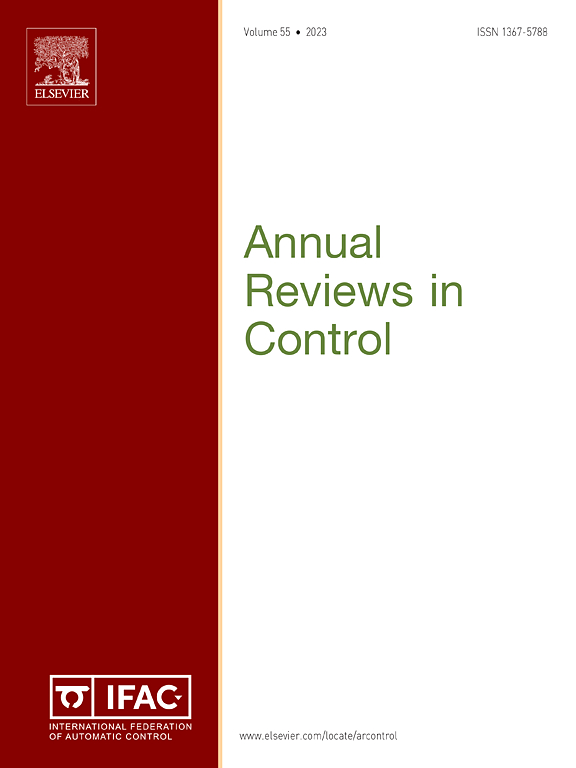Time-domain system identification using fractional models from non-zero initial conditions applied to Li-ion Batteries
IF 10.7
2区 计算机科学
Q1 AUTOMATION & CONTROL SYSTEMS
引用次数: 0
Abstract
The main contribution of this paper is to present two distinct algorithms for fractional system identification using non-zero initial conditions, by assuming the input signal prior to and the input/output signals after known. Addressing this problem is particularly important, in the context of short-time data acquisition, mainly because the effect of the free response is important compared to the forced one and because the time response of fractional systems converge polynomially, as compared to the exponential convergence of rational systems. The first developed algorithm uses a two-stage iterative procedure that computes system forced response at the upper stage, and system parameters at the lower stage using the forced response. The second one uses the simultaneous contribution of system free and forced responses. The efficacy of both algorithms is first assessed using Monte Carlo simulations with significant signal to noise ratios. The proposed algorithms allow solving a technical issue on commercial battery cells: their identification using input–output data whatever their history, i.e. the battery cells need not be in a completely relaxed state (with zero initial conditions) prior to collecting system identification data, contrary to the actual practice.
非零初始条件下分数模型时域系统辨识应用于锂离子电池
本文的主要贡献是通过假设t=0之前的输入信号和t=0之后的输入/输出信号已知,提出了使用非零初始条件的两种不同的分数系统识别算法。在短时数据采集的背景下,解决这个问题尤其重要,主要是因为自由响应的影响比强制响应更重要,因为分数系统的时间响应与有理系统的指数收敛相比,是多项式收敛的。第一个开发的算法使用两阶段迭代过程,在上层计算系统强制响应,在下层使用强制响应计算系统参数。第二种方法使用系统自由响应和强迫响应的同时贡献。两种算法的有效性首先使用蒙特卡罗模拟显著信噪比进行评估。所提出的算法允许解决商业电池的技术问题:使用输入输出数据进行识别,无论其历史如何,即电池在收集系统识别数据之前不需要处于完全放松状态(零初始条件),这与实际情况相反。
本文章由计算机程序翻译,如有差异,请以英文原文为准。
求助全文
约1分钟内获得全文
求助全文
来源期刊

Annual Reviews in Control
工程技术-自动化与控制系统
CiteScore
19.00
自引率
2.10%
发文量
53
审稿时长
36 days
期刊介绍:
The field of Control is changing very fast now with technology-driven “societal grand challenges” and with the deployment of new digital technologies. The aim of Annual Reviews in Control is to provide comprehensive and visionary views of the field of Control, by publishing the following types of review articles:
Survey Article: Review papers on main methodologies or technical advances adding considerable technical value to the state of the art. Note that papers which purely rely on mechanistic searches and lack comprehensive analysis providing a clear contribution to the field will be rejected.
Vision Article: Cutting-edge and emerging topics with visionary perspective on the future of the field or how it will bridge multiple disciplines, and
Tutorial research Article: Fundamental guides for future studies.
 求助内容:
求助内容: 应助结果提醒方式:
应助结果提醒方式:


